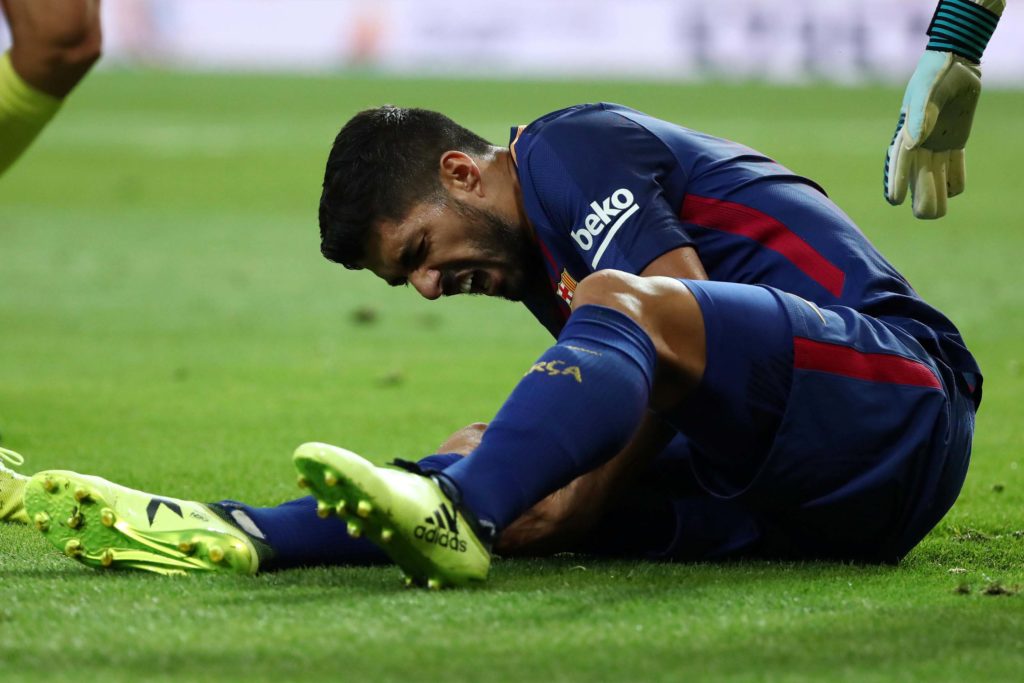ISSUE 84
NOV/DEC 20
Cover Story:
POGBA
ISSUE 84
NOV/DEC 20
Cover Story:
POGBA
Photo Shutterstock
Ex-Barcelona FC doctor on pressure, pain and player psychology
Ex-Barcelona FC doctor on pressure, pain and player psychology
interviewTop sports medicine physician reveals the stress of working at an elite football club
